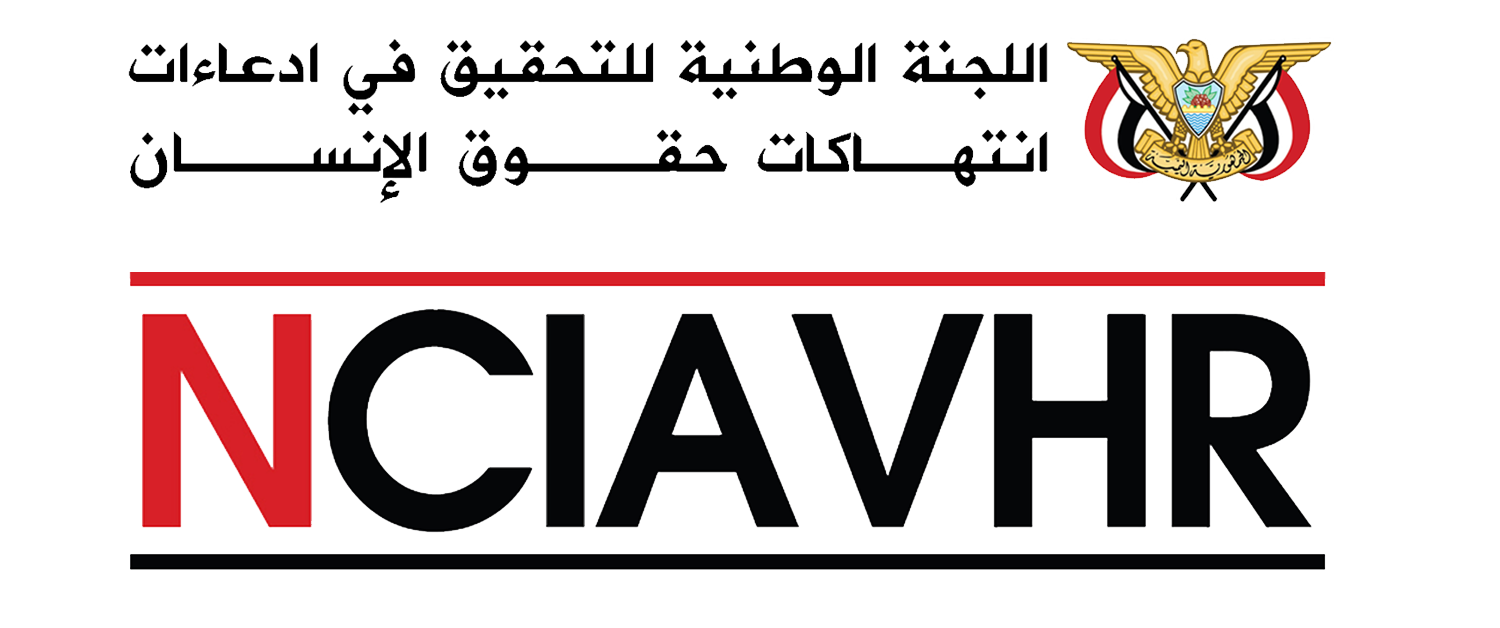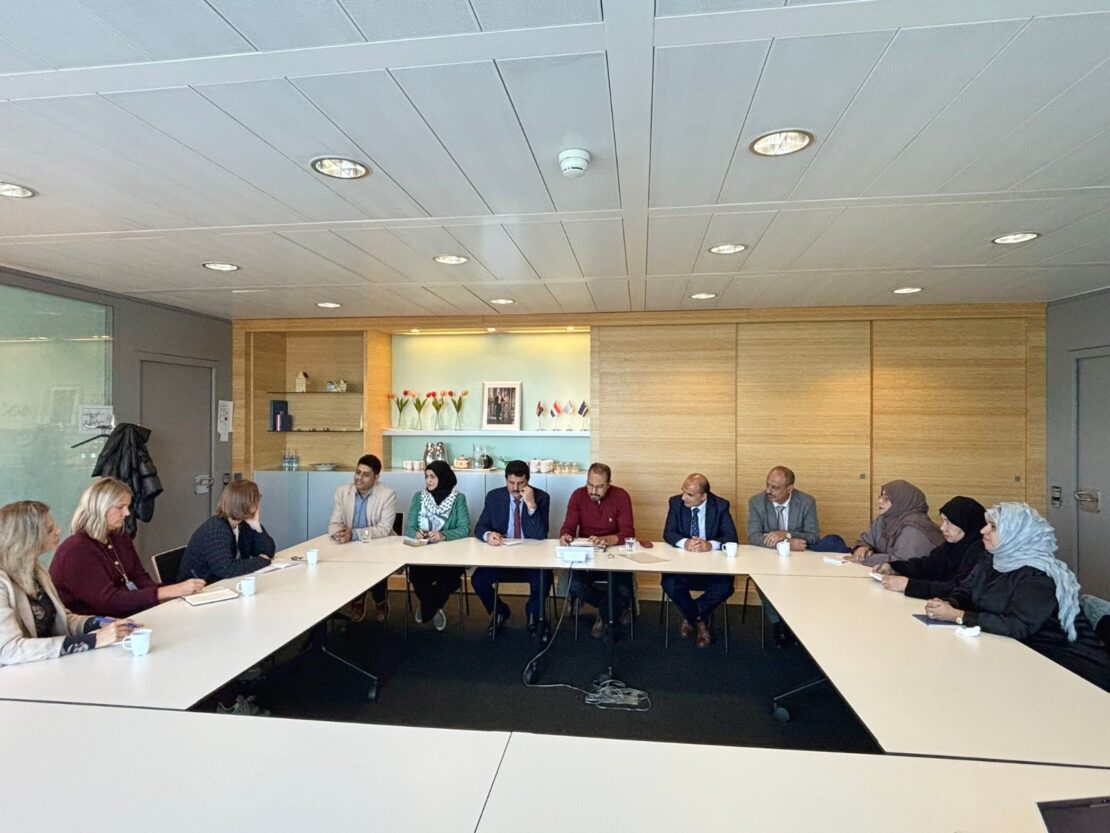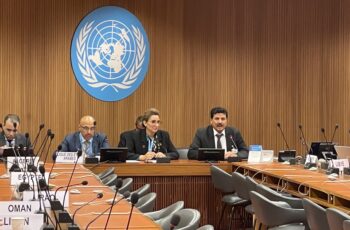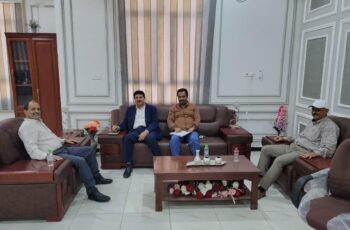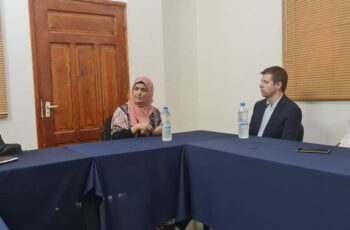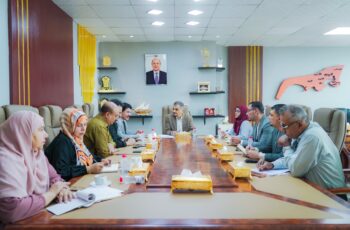NCIAVHR Meets with European Delegations in Geneva to Discuss 13th Report and Human Rights Situation in Yemen
Geneva | September 30, 2025
The National Commission to Investigate Alleged Violations of Human Rights (NCIAVHR) held an extensive meeting in Geneva with representatives from the Netherlands, Belgium, the United Kingdom, and the European Union to review its Thirteenth Periodic Report and discuss the latest developments in the human rights situation in Yemen.
Opening the session, Judge Ahmed Al-Maflahi, Chairman of the Commission, provided an overview of the broader context covered by the report (August 2024 – July 2025), outlining the country’s circumstances and their impact on rights and freedoms. He emphasized that, despite security challenges, the Commission’s teams continued their fieldwork across multiple regions, reaching victims and documenting violations. Commission members also presented key findings and statistics, as well as legal accountability frameworks and descriptions of violations, while explaining the methodologies applied in recent investigations.
Representatives of the European delegations—including Nadège Sango of the Netherlands, Katerina Tapio of the European Union, Gemma Edom of the United Kingdom, and Delphine Charles of Belgium—commended the Commission’s perseverance in documenting violations and providing reliable information on the state of human rights in Yemen. They stressed the importance of the Commission’s continued work and of strengthening its cooperation with the Office of the High Commissioner for Human Rights (OHCHR) to facilitate investigations and ensure victim protection. At the same time, they expressed concern over the humanitarian situation, particularly the arbitrary arrests targeting staff of organizations and diplomatic missions.
The discussion also addressed questions related to the situation of human rights defenders, civil society actors, women, and children, with emphasis on the need to protect them from incitement, violence, and targeted violations.
